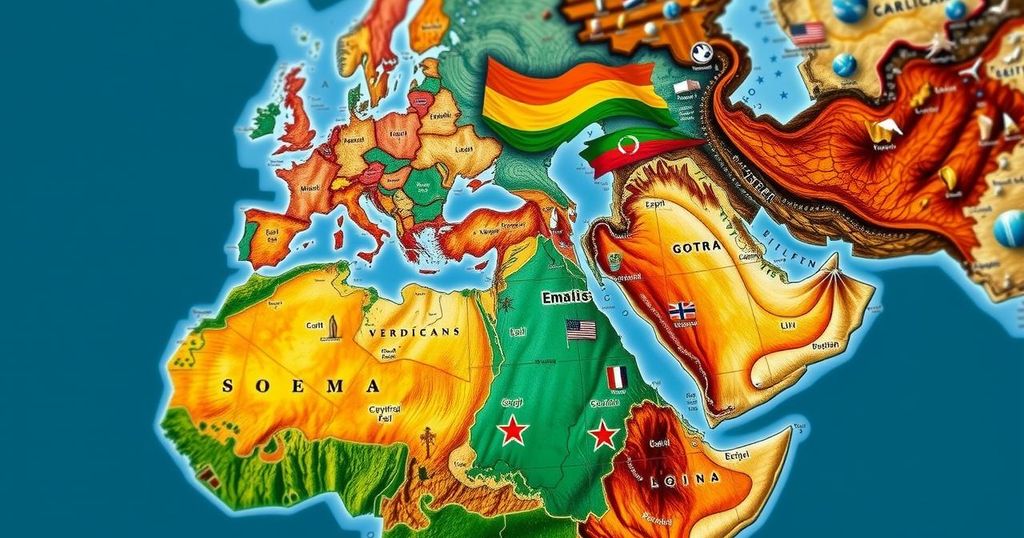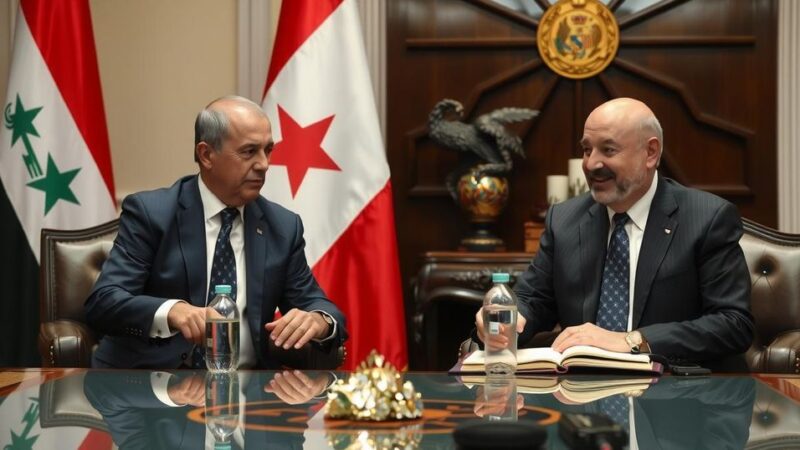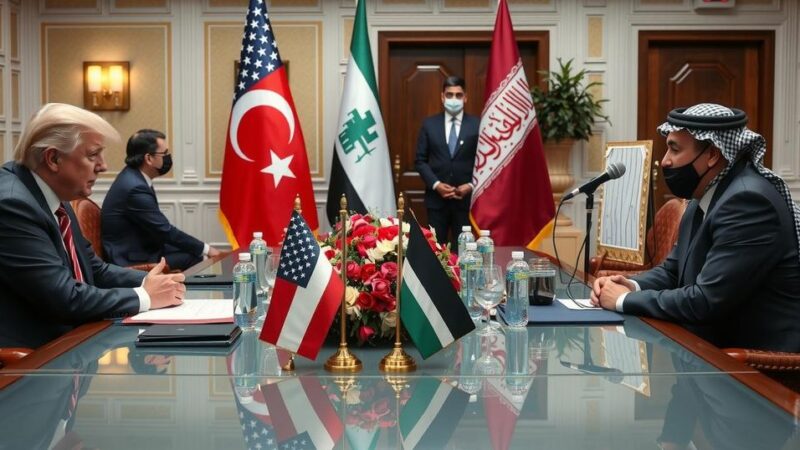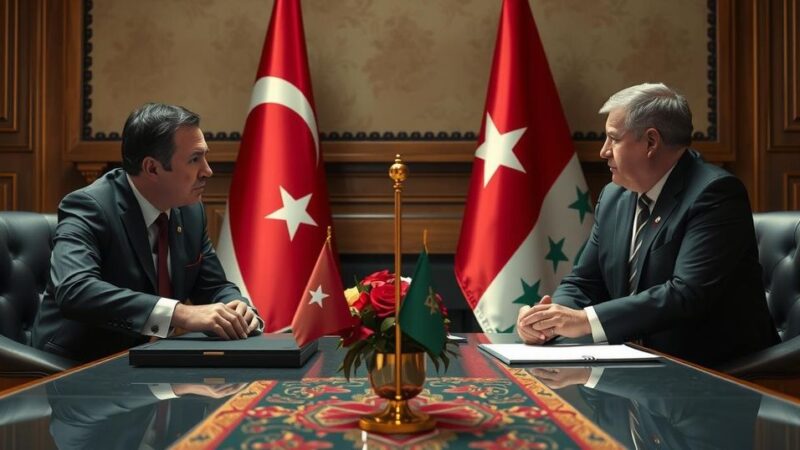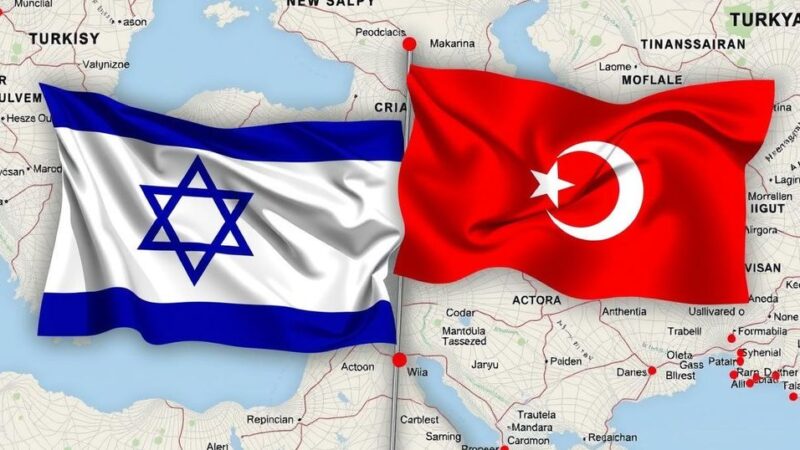The recent summit among Egypt, Eritrea, and Somalia indicates a shift in the Horn of Africa’s geopolitics, primarily targeting Ethiopia amid ongoing tensions regarding the Grand Ethiopian Renaissance Dam. The leaders emphasized regional cooperation while fostering military alliances that may redefine power dynamics in the region. Ethiopia must engage in effective diplomacy to counterbalance these developments and mitigate potential security threats.
The recent summit involving Egypt, Eritrea, and Somalia represents a notable shift in the geopolitical landscape of the Horn of Africa, a region characterized by enduring instability and a complex interplay of rivalries. Convened in Asmara, Eritrea, this trilateral meeting ostensibly aimed at fostering cooperation amid prevalent regional security challenges. However, it is apparent that a significant focus of these discussions was Ethiopia, a pivotal nation in the region’s dynamics. Although the summit projected a unified front, with discussions centered on enhancing cooperation and regional autonomy, there was a conspicuous underlying goal to encircle Ethiopia, reflecting ongoing tensions over its actions and influence. In their joint statement, the leaders—Isaias Afwerki of Eritrea, Abdel Fattah al-Sisi of Egypt, and Hassan Sheikh Mohamud of Somalia—underscored the commitment to safeguarding territorial integrity and resisting external meddling. The Horn of Africa is steeped in intricate alliances and historical grievances, with Ethiopia often at the epicenter of these power struggles. Complications surrounding Ethiopia’s engagement with Somaliland, particularly its controversial deal to access the Somaliland coastline for naval and commercial purposes, have exacerbated tensions with Somalia. Somalia, which has refused to recognize Somaliland’s independence since its 1991 secession, is particularly aggrieved by Ethiopia’s maneuvers. Somalia has fortified its security relationship with Egypt, manifested in a military pact signed in August, with Egypt providing arms to combat the al-Shabaab insurgency. This bolstering of ties suggests a deterioration in Ethiopia’s relationships with its neighbors as the Cairo-Mogadishu axis strengthens. The summit, while not overtly naming Ethiopia, addressed deep-seated concerns stemming from Addis Ababa’s activities, particularly regarding the contentious Grand Ethiopian Renaissance Dam (GERD) which Cairo perceives as an existential threat to its water security. The tensions surrounding the GERD have driven Egypt to reinforce its regional alliances. Notably, the Egyptian military’s engagement in Somalia is part of a broader strategy to counter Ethiopia’s expanding influence. Moreover, Eritrea’s participation in this alliance serves to enhance its own standing in the region, seeking to leverage its strategic location near the Bab el-Mandeb Strait, crucial for international shipping. The Asmara summit marks a potential redistribution of power within the Horn of Africa, indicating a departure from historical alliances. The collaboration between Egypt, Eritrea, and Somalia embodies an effort to enhance military and regional control, positioning themselves as a counterbalance to Ethiopia’s ascendancy. The implications of this partnership remain uncertain, particularly regarding its potential to stabilize the region or further exacerbate tensions. Egypt’s involvement in the Horn, despite geographical separations, raises significant concerns. While their joint statement advocates for regional peace, the ongoing rivalry with Ethiopia over the GERD suggests that Egypt may resort to proxy engagements through Eritrea to destabilize Ethiopia, escalating security threats, especially against the backdrop of potential extremist actions within Somalia targeting Ethiopian interests. In response to these developments, Ethiopia must pursue a robust diplomatic strategy, engaging with its neighbors as well as international partners. Strengthening ties with nations such as Kenya and Sudan, and securing support from the United States will be crucial in mitigating potential conflicts. Furthermore, a framework for managing Nile waters may provide an avenue to alleviate some tensions, while Ethiopia must also engage in public diplomacy to clarify its intentions and underscore its commitment to stability in this fragile region.
The Horn of Africa has long been marked by instability, territorial disputes, and shifting geopolitical dynamics. The recent summit between Egypt, Eritrea, and Somalia signifies a pivotal moment that may reshape alliances and influence in the region. Historically, Ethiopia has played a central role in regional affairs, navigating complex relationships especially concerning its controversial dam projects on the Nile, which have strained its ties with downstream nations, notably Egypt. The alliances formed in this recent summit reflect a response to perceived threats from Ethiopia and underscore the importance of regional cooperation in addressing security concerns, particularly those related to terrorism and maritime navigation in vital waterways.
The alignment of Egypt, Eritrea, and Somalia signifies a significant shift in the geopolitical dynamics of the Horn of Africa, with the potential to redefine regional power structures and influence. As these nations consolidate their positions against Ethiopia, the ramifications for stability and security in the region remain uncertain. With historical grievances at play, Ethiopia’s diplomatic efforts will be crucial in countering these alliances and ensuring its own security within a volatile environment.
Original Source: thehill.com

